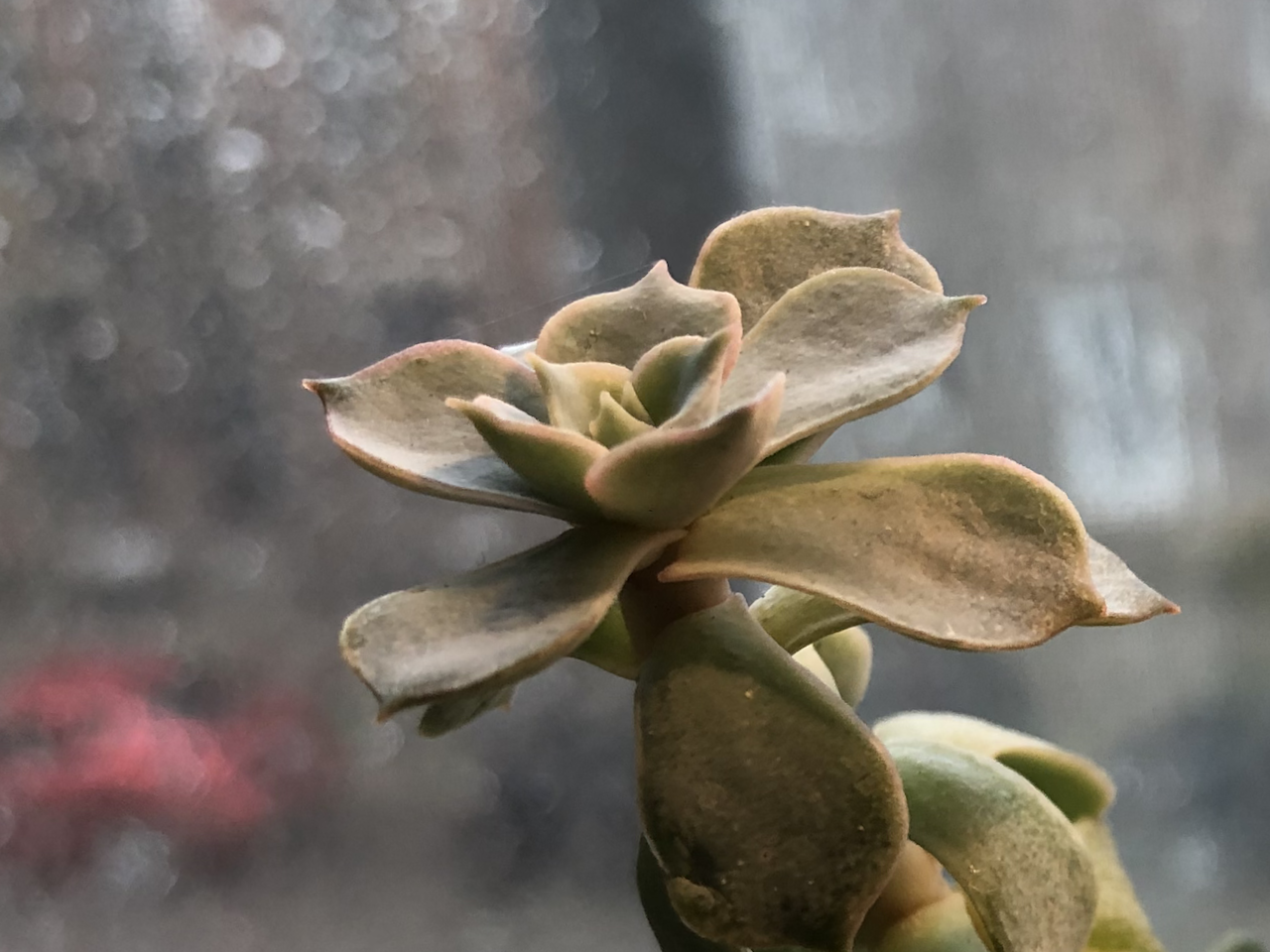Reading Log on The Truth About Owls by Amal El-Mohtar
There is a linguistic thread that runs through The Truth About Owls that I keep catching myself thinking about.

Every time I read The Truth About Owls by Amal El-Mohtar I’m struck by how well the author has written about certain topics — alienation, trauma, the weight of the world (or at least your parents’ wellbeing) on your child shoulders — while keeping the story so compact and tightly woven.
But on top of that there is a linguistic thread that runs through The Truth About Owls that I keep catching myself thinking about: how language, and the way family, history and culture are embedded in the simple act of speaking it, is also embedded with so much emotion. By the beginning of the story, Anisa speaking Arabic becomes traumatic, tangled up in the extraordinary loss, grief, and displacement that Anisa has been subjected to in leaving her home country after the bombs fell. The pain of speaking Arabic is also rooted in the difficulty she has connecting with her mother and her new country. And as for speaking English, the official language of her new country, there’s this one phrase weaponized by one of her white bullies after she refused to put up with her bullies ignorance and cruelty : “Maybe you just don’t understand English.” This accusation, drenched in anglo exceptionalism, xenophobia and a good deal of racism, is yet another reminder that much of Anisa’s new society and community is fully ready to blame her, a young child still, for her own struggles. On top of all the trauma of leaving her father and grandmother behind, of finding it difficult if not impossible to connect with her mother, of having survived bombing and war, she is also being quite literally repulsed by the people of the country she now lives in.
So: repulsed by English and yet finding that her mother tongue has become wrapped up in sharp feelings of despair, anger, and frustration, she reaches for another language: Welsh. Embracing Welsh allows Anisa to fully embrace her own alienation from England and English while giving herself a bit of breathing space from her mother’s expectations about the speaking of Arabic. In this small step, she can explore and enjoy her own unEnglishness and begin to accept herself again, before she is ready to allow herself to speak and explore Arabic like she could before. It helps that Welsh is a “language that looks like English but sounds like Arabic; she likes that there is no one teaching it to her, or commenting on her accent, or asking her how to speak it for their amusement. She likes […] that it’s an alphabet of secrets hidden in plain sight.” She fights language insecurity and language trauma through loving a different language, one that’s not imposed on her at school, or by her new country or even by her parents. It all eventually does lead Anisa back to embracing Arabic once more as her own through the embracing of that urgent writerly feeling or need and the recognition that reclaiming one’s own language is a kind of (self-accepting, self-healing, healing — self-forgiving) power. It can just take a little while to get there, and it sometimes leads us through unpredictable journeys of learning Welsh and the myths of the Mabinogion.
